
A recent study by comparison platform HelloSafe has identified Singapore as the safest country in Asia for travelers in 2025, while the Philippines has been ranked as the least safe destination not only in Asia but globally.
According to the HelloSafe Safety Index, which evaluates countries on a scale where 0 represents the safest and 100 the least safe, Singapore achieved a score of 19.99, placing it second worldwide behind Iceland, which leads with 18.23 points. Denmark, Austria, and Switzerland round out the global top five, with Singapore being the only non-European nation in this elite group.
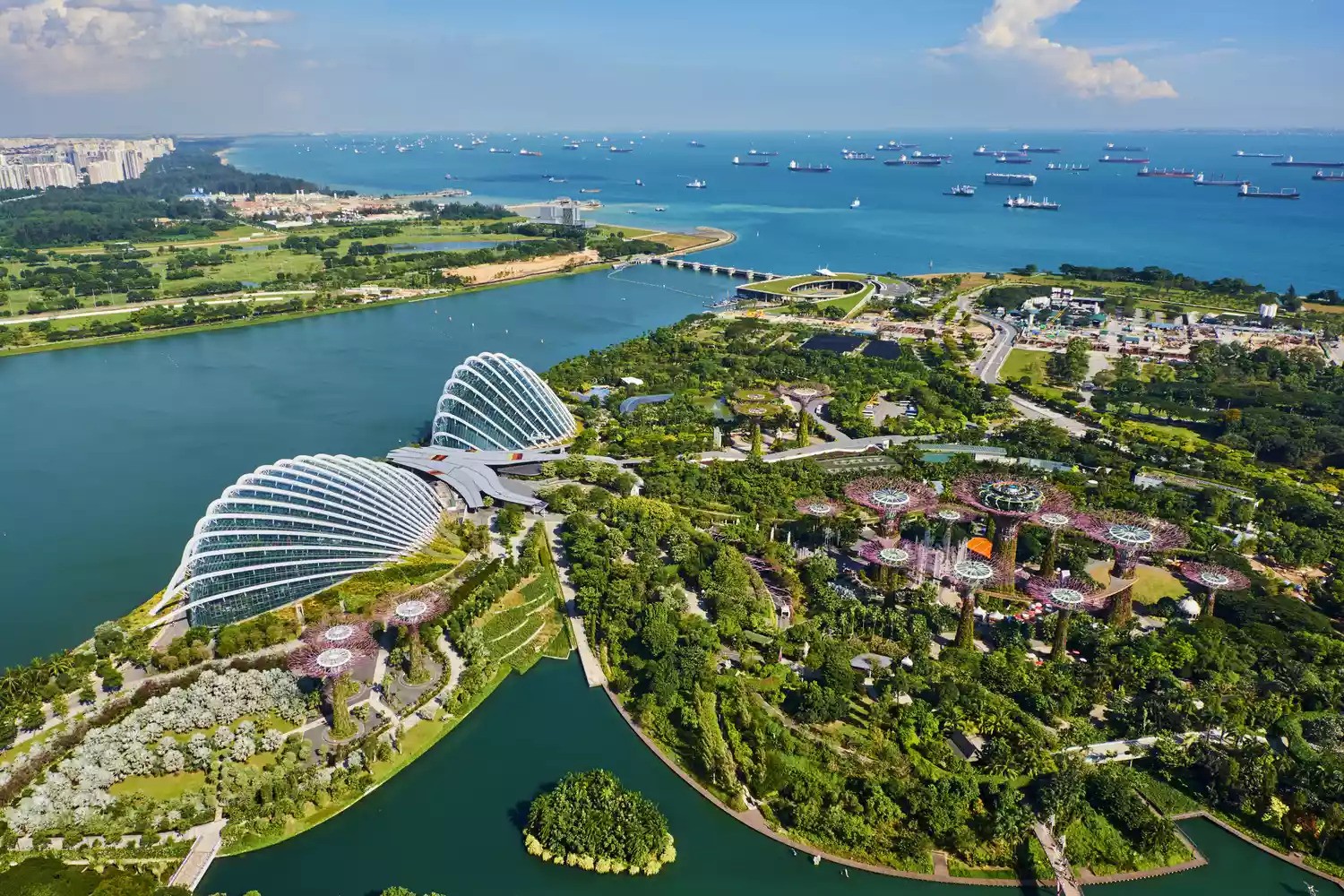
The HelloSafe index is based on 35 objective criteria across five categories: natural disasters, societal violence, involvement in armed conflicts, health infrastructure, and militarization. The company emphasizes that the ranking is designed to reflect overall security and safety, not the attractiveness of a country as a tourist destination. The methodology assigns up to 30 points for natural disasters, 20 each for societal violence, armed conflict involvement, and healthcare infrastructure, and 10 points for militarization.
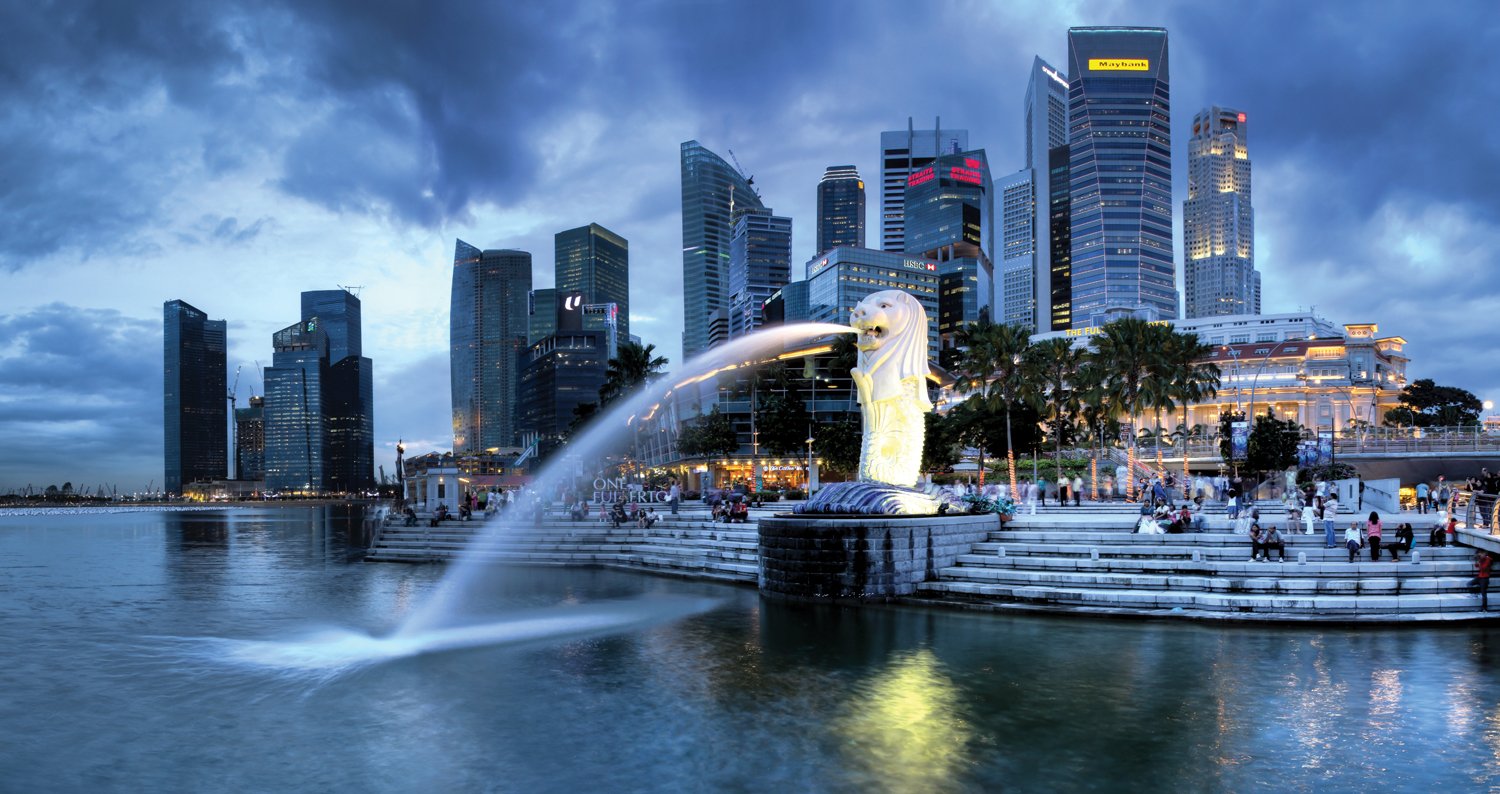
In contrast to Singapore’s high ranking, the Philippines received a score of 82.32, making it the least safe country for travelers in 2025. Colombia (79.21), Mexico (78.42), India (77.86), and Russia (75.65) follow as the next least safe destinations. The United States, notably, ranked 14th least safe with a score of 59.47.
The study also highlights regional differences within Southeast Asia. Malaysia, with a score of 36.92, is categorized as "Safe," while Vietnam (51.33) and Thailand (52.39) are considered "Not Very Safe." Indonesia, with a score of 72.94, falls into the "Dangerous" category.
Europe remains the safest continent for travelers, with 12 of the top 15 safest countries located there. Bhutan and Qatar are the only other non-European countries to make the top 15, ranking 11th and 12th, respectively. France, however, is an exception among European countries, ranking 80th globally due to ongoing concerns about terrorism.
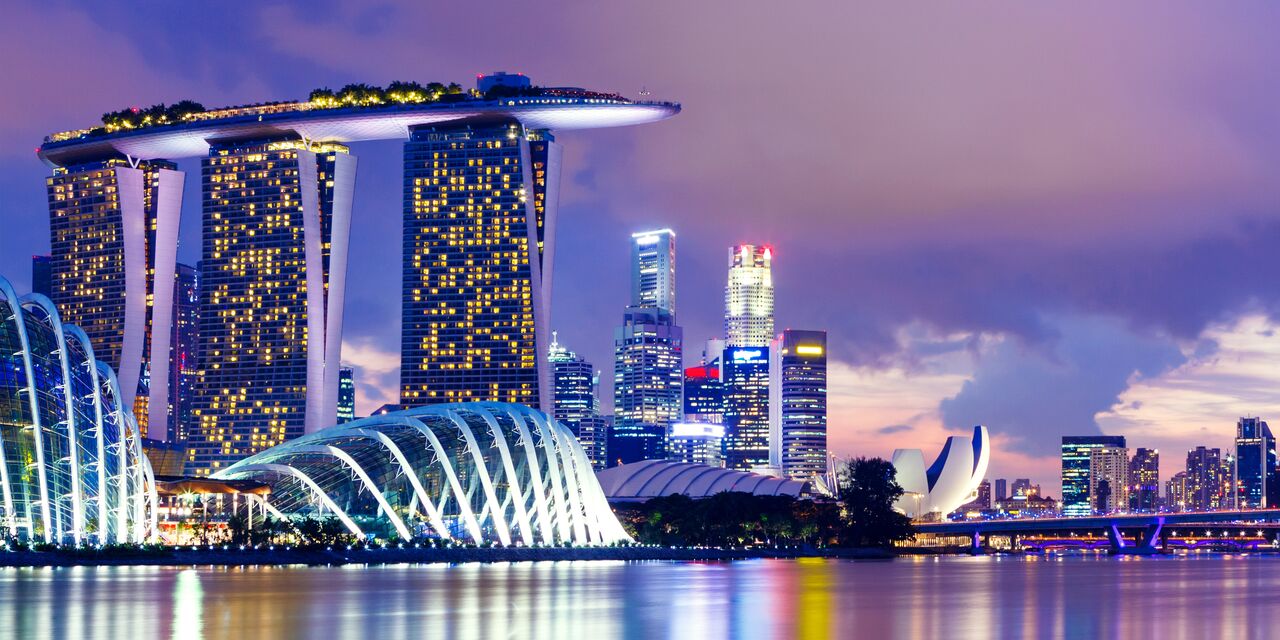
HelloSafe’s findings challenge some common perceptions about travel safety, revealing that some popular destinations may not always align with travelers’ assumptions about security

























.jpg)

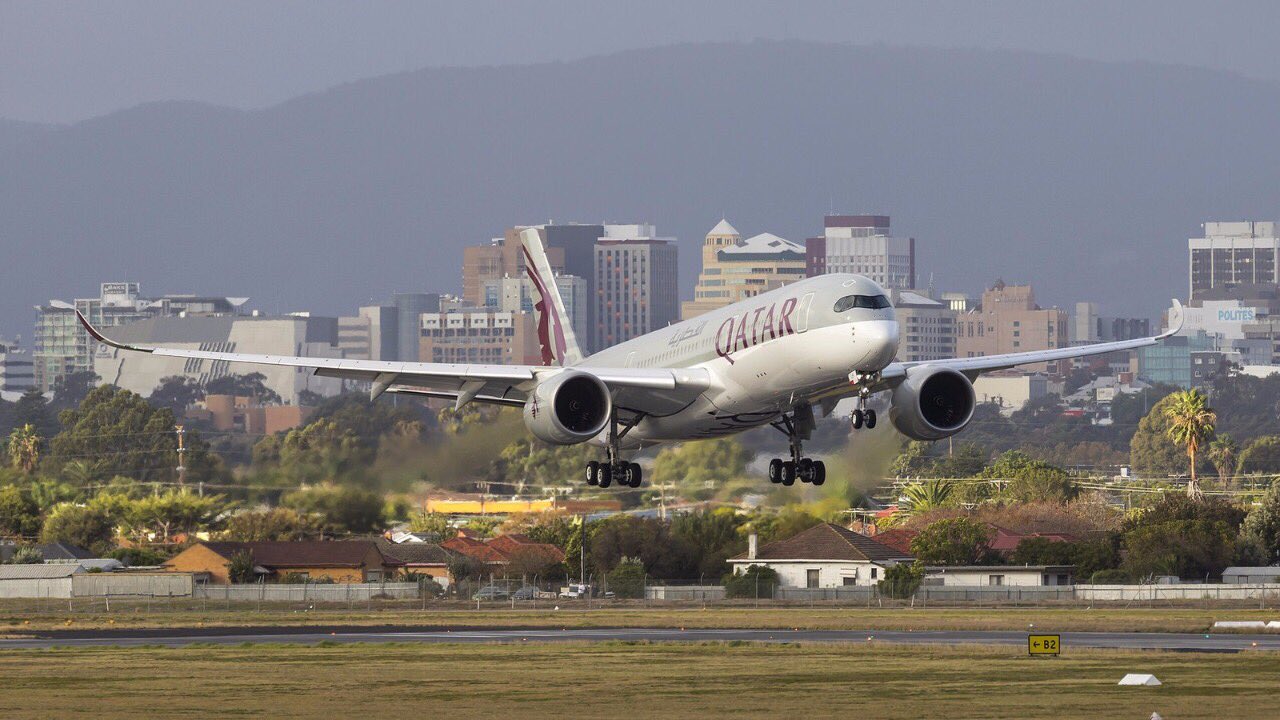









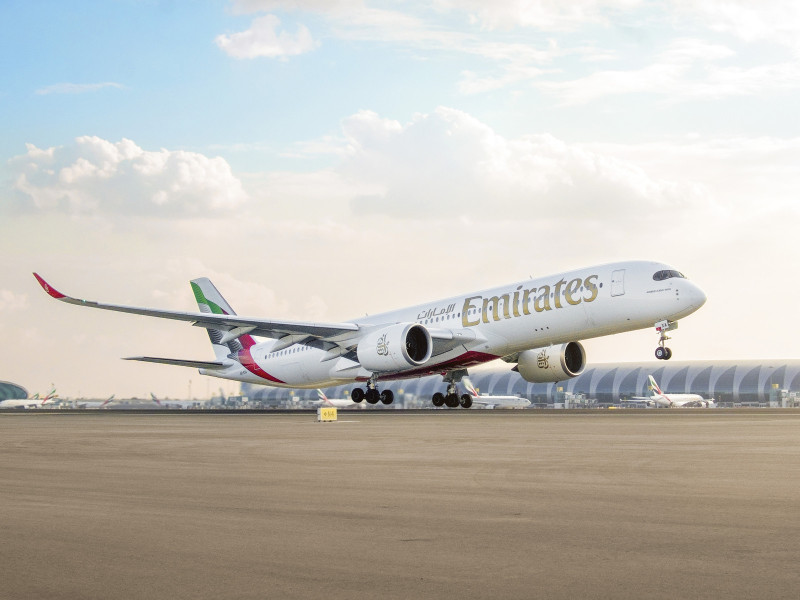
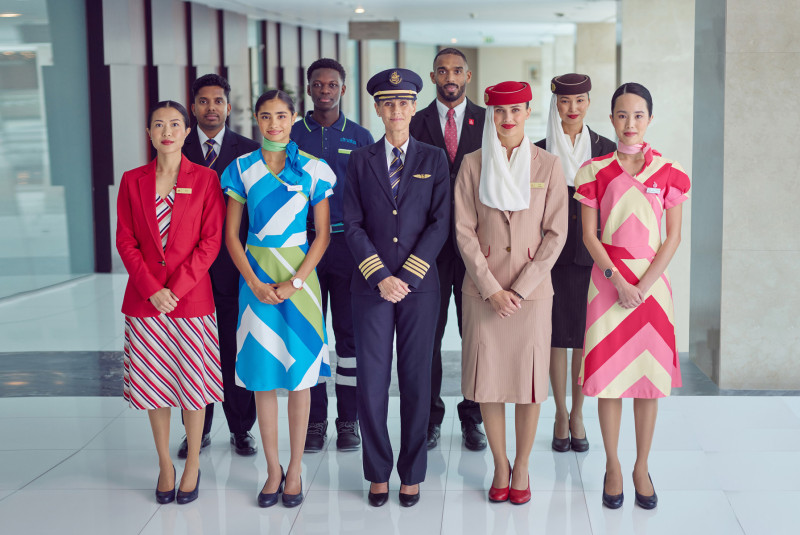
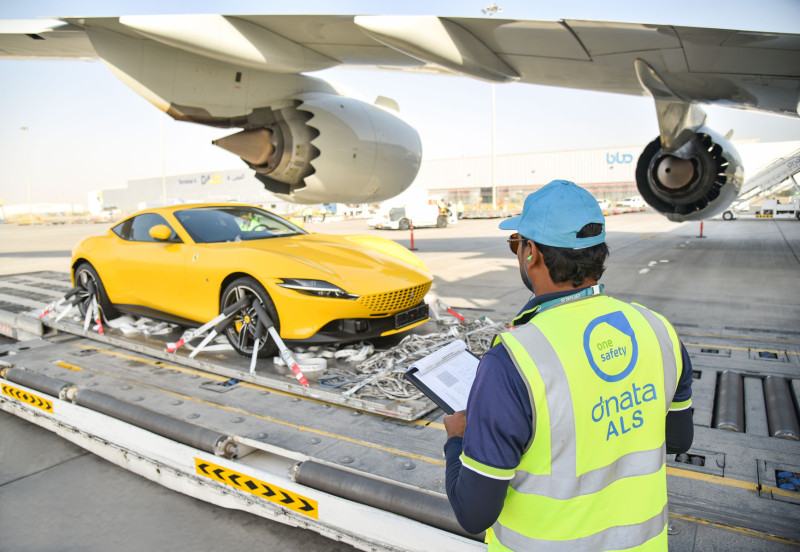


.jpg)





-302cd4-large-1748788146 (2).jpg)
















.jpg)